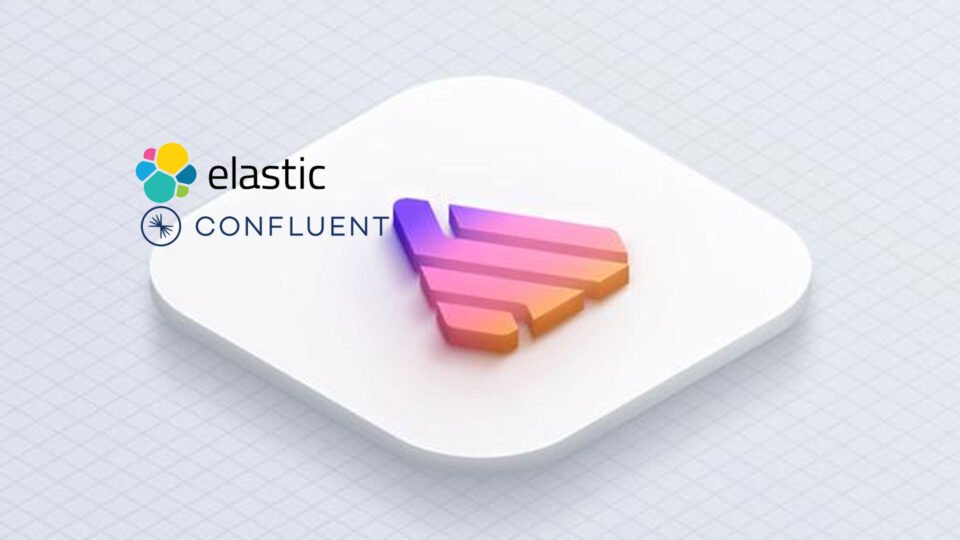Today, Elastic (NYSE: ESTC) announced an expanded strategic partnership with Confluent, Inc. to deliver the best integrated product experience to the Apache Kafka® and Elasticsearch community. Through this alliance, Elastic and Confluent will enhance existing product integrations and jointly develop new capabilities to help users easily combine the benefits of the Elastic Stack and Kafka.
Elastic and Confluent plan further enhancements to the product experience for users by:
- Strengthening the native integration between Elastic Cloud and Confluent Cloud
- Enriching the Elasticsearch Service Sink Connector in Confluent
- Developing packaged joint solutions for specific use cases
- Introducing easier ways to output data from Kafka in an Elastic Common Schema
Building on a solid foundation
The real-time capabilities that Elastic and Confluent currently deliver through their joint partnership help companies tackle technical and business challenges as varied as:
- Protecting customer environments from constantly evolving threats in real time with the flexibility, scalability, interoperability, and data portability that preemptive threat mitigation requires
- Delivering faster and more customized search and recommendations for retail and media consumers
- Improving application and infrastructure performance through real-time monitoring
- Driving better visibility into real-time user behavior, trends, and content across business-to-business and business-to-consumer systems
Elastic has long provided native support for Kafka to help centralized logging and monitoring customers monitor the health and performance of their Kafka pipelines in Elasticsearch. In addition, users have the choice of a jointly built and fully managed Elasticsearch Service Sink Connector in Confluent Cloud that eliminates the need for customers to take on the difficult task of managing their own Kafka clusters. This gives organizations the ability to seamlessly stream data moving through Kafka into Elasticsearch on all major cloud providers, including Amazon Web Services (AWS), Microsoft Azure, and Google Cloud.

